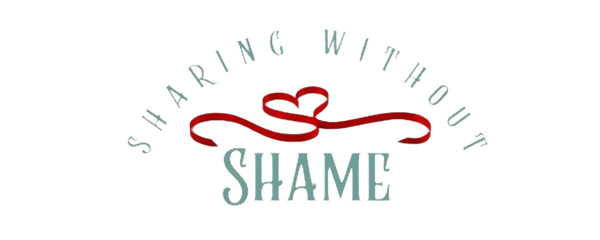Human survival often depends on people taking care of one another. It is not uncommon for some people to get help from their boss, co-workers, friends, or their family on occasion and for a variety of reasons. Healthy helping often has a timeline with an agreement that’s a win, win for everyone.

Unhealthy helping is very common with parents, loved ones and caregivers who love someone in active addiction and or alcoholism. According to Psychology Today, “Healthy givers give often and openly, but are alert to the red flags warning of unhealthy helping. They are willing to pull back when the signs of unhealthy helping and giving appear”.
A person who provides healthy help doesn’t allow themselves to be taken advantage of while an unhealthy helper is often a parent of a teen or adult child who is in active addiction and or alcoholism who uses their help as a way to attempt to manipulate their child to seek treatment; the child also utilizes manipulation toward the unhealthy helping parent so they can stay comfortable in their unhealthy lifestyle. The unhealthy helper bails their child out of jail, pays for their drugs and alcohol, because their addicted child convinces them that they are helping them stay alive. The unhealthy helper rewards bad behavior because they live in fear of losing their child to their addiction. What they don’t often realize until they hit their enough is that they are helping their child to be comfortable in their active addiction and or alcoholism while they are walking on eggshells which often causes a decline in both of their emotional and physical health.
A parent who provides healthy helping often has a positive reinforcement approach in place, and will withdraw their help when their child violates their agreement, they provide help as long as their child is moving forward living in the solution of recovery. An Unhealthy helping parent often creates long-term dependency with their adult child(ren) while both live in the Clycle of Addiction as the family often falls apart.
Change begins with you, when you stop unhealthy helping:
1. Let go of your desire to control your child and his, her addiction, alcoholism.
2. Accept that your adult child gets to live their life the way they want to.
3. Figure out how you can have a healthier relationship with them when they are in an unhealthy relationship with their addiction and or alcoholism.
4. Stop being hyper focused on what your child is doing wrong and find a minimum of 1 positive thought a day about your child. For example: You are fortunate that your child is still walking on earth today and has an opportunity to seek recovery.
5. Stop pretending that you’re holding yourself to a higher standard because parents are often part of the problem and are clueless that they are.
6. Be a good role model; show them how an emotionally healthy person deals with the ups and downs of life.
7. Stop showing up to every fight your addicted child attempts to engage you in.
8. Stop trying to manage the natural consequences of their addiction and or alcoholism and let what’s going to happen to them happen. There are many pathways to recovery.
9. Stop trying to fix your child and solve their problems.
10. Stop directing their life and start living your life.
Unhealthy helping and unhealthy relationships are created when a minimum of 2 people are in a relationship and one of the 2 (typically the person in active addiction, alcoholism) is always reaching out to be rescued by you with money or from the law.
How do you manage the stressors of your unhealthy helping? Do you put the oxygen mask on your adult child first who doesn’t want healthy help or do you put the oxygen mask on yourself so that you can get emotionally healthy and stop participating in the toxic journey?
(The oxygen mask theory: if you’re in the unfortunate position of being on a plane that is about to nose dive, you should secure YOUR oxygen mask before helping anyone else – including children. If you don’t, you risk not being able to help anyone at all, including yourself.)
One of the tools that I utilize with the parents that I work with is a living agreement. It’s an agreement that maps out how you will interact with each other or live under the same roof together with healthy boundaries’ and healthy consequences.
If you are feeling trapped, helpless, alone, and overwhelmed and you know that you need to pull back and start your own recovery program to stop unhealthy helping and you don’t know where to start contact me at Donna4Support@comcast.net
